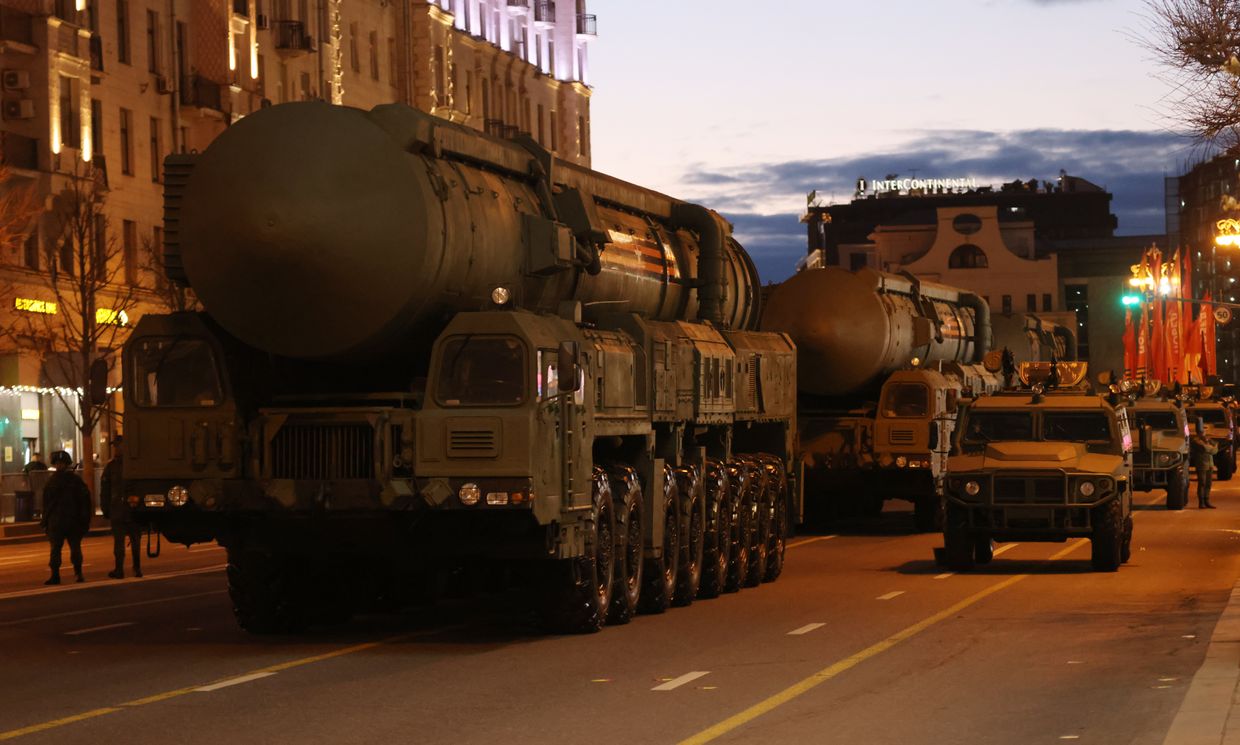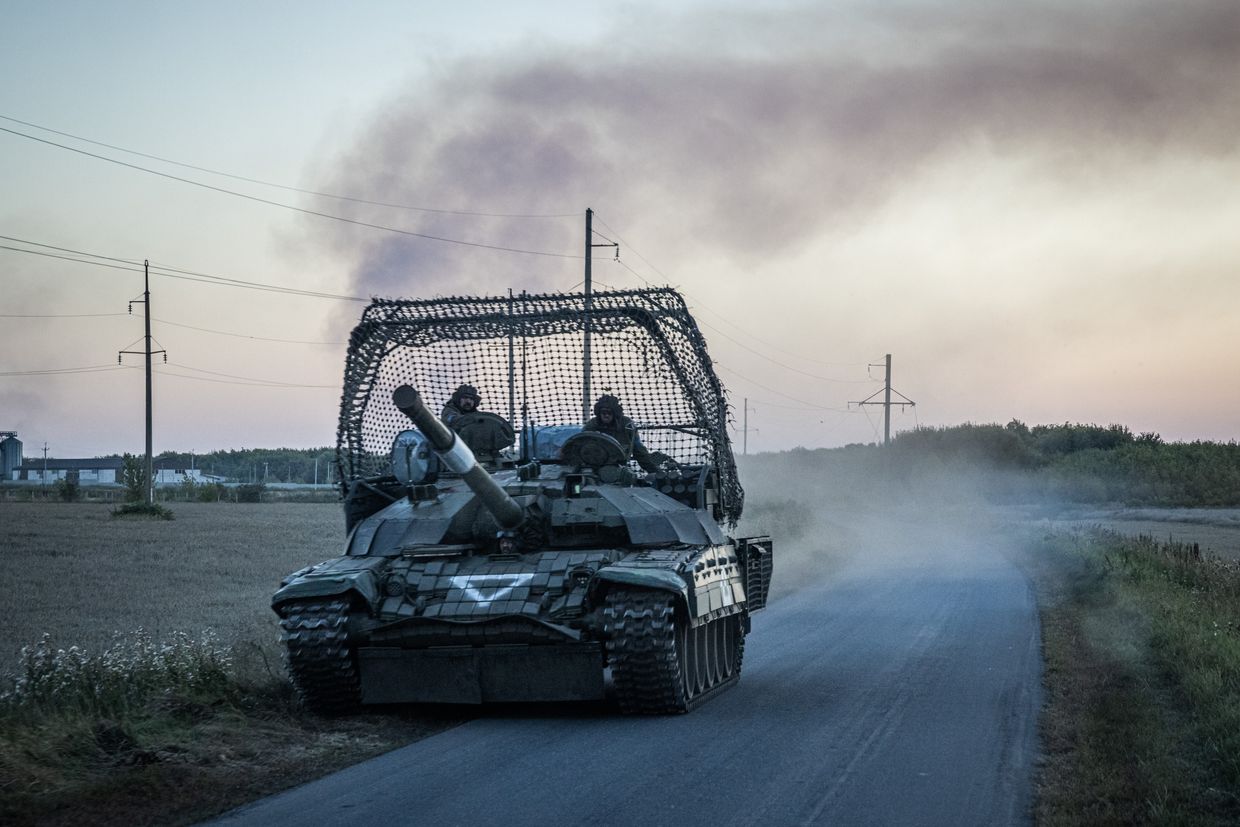Russia continues to store ammunition, deploy troops at Zaporizhzhia nuclear plant, Kyiv says

Russian forces continue to use the territory of the occupied Zaporizhzhia Nuclear Power Plant to deploy military personnel and store ammunition and explosives, Ukraine's National Resistance Center reported on Sept. 15.
In a statement made less than two weeks after a visit by International Atomic Energy Agency (IAEA) director Rafael Grossi to the plant, the center criticized the IAEA for supposedly ignoring the presence of the military contingent and arms.
The Zaporizhzhia Nuclear Power Plant, Europe's largest nuclear power station, has been under Russian occupation since March 2022. Its position near the front line has led to heightened nuclear safety risks throughout Russia's full-scale war.
The facility houses Russia's National Guard units, totaling 1,300 people, the center said, citing data from Ukrainian citizens on the ground.
The Akhmat-Grozny mobile special-purpose unit and special rapid response unit Agat were identified among the personnel stationed at the facility, according to the center run by Ukraine's special forces.
As a disguise, some Russian troops allegedly wear the uniform of the plant's paramilitary guard rather than of the Russian National Guard.
Russian forces store small arms and artillery ammunition in the station's technical and basement areas to supply both the troops stationed at the plant and the forces at adjacent positions.
Russia has also set up more than 20 minefields around the city of Enerhodar and the plant with a total length of about 6.5 km (nearly 4 miles) to prevent Ukrainian forces from crossing the Dnipro River, the center claimed.
IAEA's Grossi made his fifth visit to the plant during the full-scale invasion on Sept. 4. He inspected various sections of the plant, including a pumping station and a nuclear fuel storage facility.
Following the visit, Grossi said that a cooling tower at the facility would require demolition after a fire on Aug. 12 rendered the structure unusable. The fire did not pose a risk to nuclear safety at the plant.
According to the center, Russian leadership controlling the facility planned the IAEA's route. This is not the first time the agency has been denied access to the western part of the two turbine halls.
"However, the (IAEA's) representatives only recorded this fact and did not make any decision regarding the representatives of Rosatom, which manages the Zaporizhzhia Nuclear Power Plant," the statement read.
The center also criticized the agency for supposedly ignoring the presence of the military contingent at the facility and the storage of ammunition and substances that endanger nuclear safety.
Prior to his visit to the plant, Grossi visited the Kursk Nuclear Power Plant after Russian President Vladimir Putin accused Ukraine of attempting to attack the plant amid the ongoing incursion in the area. Ukraine has refuted Putin's accusations.














